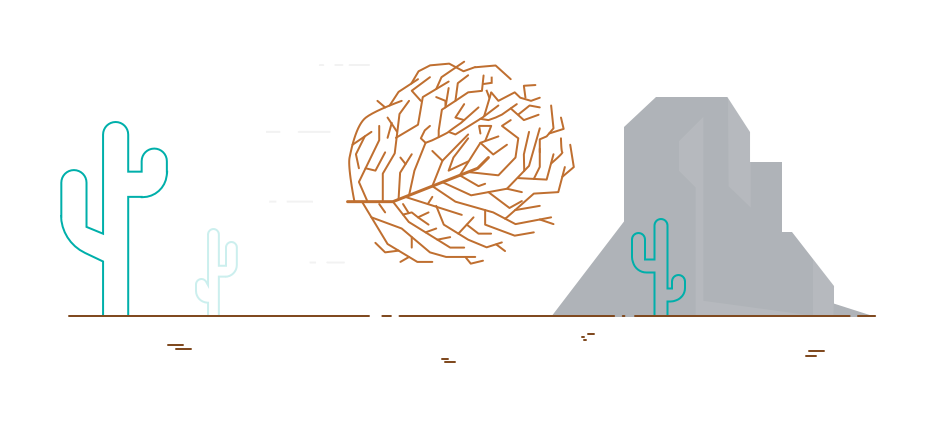June: 4 incredible releases on Netflix
In June we can look forward to the last - special - episode of Sense8 and the second season of GLOW and Luke Cage, which is based on the Marvel comics. The series La Balada de Hugo is new.
We are used to measure the economic value of an object, but not of a language.
Read this article in: Deutsch, English, Português
Estimated reading time:2minutesYou’ve heard correctly. You can measure the economic value of a language. This sounds strange. We are used to measure the economic value of an object, but not the economic value of a language.
The economic value of a language was discovered by the Instituto Superior de Ciência do Trabalho e da Empresa - ISCTE in Portugal. It determines how proficient a person has to be in a language to do a certain activity, and it shows how many of these language activities are directly or indirectly linked to the GDP.
The index was calculated in consideration of the relative importance of communication and its understanding in the different economic sectors. The GDP of a certain sector was multiplied by the relative importance of an activity on a high communication level in order to understand the additional value of a language in the economy.
They prioritized the economic activities that require good language skills. However, activities requiring little knowledge of the language such as those that can be done by workers of a different nationality and with different language skills were not considered.
In the cultural sector, the content of a statement is crucial. Therefore, it is very important to be proficient in the language for activities in the cultural, educational or communication sector. “In telecommunications, we need 100% of the language to communicate”, explains José Paulo Esperança, coordinator of the study.
Furthermore, there are sectors, such as public administration, in which services are only offered in one particular language. The secondary sector, such as manufacturing, with a lot of language content, contributes greatly to the economic outcome.
Lastly, the primary sector in which language skills are of low priority. In Germany for example, agricultural workers who harvest strawberries and asparagus don’t need to have any German language skills.
According to the Max Planck Institute for Evolutionary Anthropology in Leipzig, there are between 6500 and 7000 different languages in the world today. This diversification of languages especially exists near the equator. In Africa, South America and Asia, many different languages are spoken. The highest language density can be found in Southeast Asia. This area is full of many little countries with many populated little islands and every village speaks its own local language.
The higher the number of speakers, native or not, the higher the economic benefit to master this language. Scientists think that in the future the importance of a language should be evaluated by economic and scientific factors and not only by the number of its speakers. Time will show how the world languages will develop. We have to wait and see if the scientist are right in their assumption.
Wilgen und the alugha team!
#alugha
#doitmultilingual
#alughaeducation

In June we can look forward to the last - special - episode of Sense8 and the second season of GLOW and Luke Cage, which is based on the Marvel comics. The series La Balada de Hugo is new.